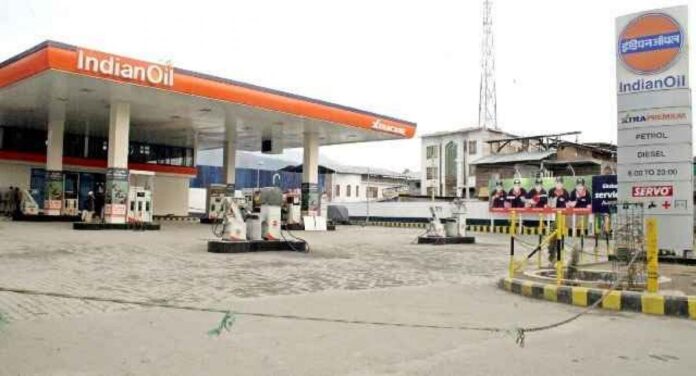The Petroleum Dealers Association in Assam has recently announced a 48-hour petrol pump bandh, sending ripples across the state and raising concerns about the potential impact on daily life and economic activities. The decision to call for a shutdown stems from the association’s grievances regarding various issues, including taxation policies, operational challenges, and demands for revised regulations. As Assam braces for the impending fuel shortage, the announcement prompts a closer examination of the underlying issues and the potential implications of the proposed bandh.
The call for a petrol pump bandh in Assam reflects the growing discontent among petroleum dealers regarding the prevailing regulatory framework and operational constraints. The association has cited several grievances, including concerns over high taxes, stringent regulations, and inadequate support from the authorities. These issues, according to the association, have significantly impacted the viability and profitability of petrol pump operations in the state, warranting urgent attention and redressal from the concerned stakeholders.
One of the primary grievances cited by the Petroleum Dealers Association pertains to the high taxation regime imposed on petroleum products in Assam. The association argues that the exorbitant taxes levied by the state government contribute to inflated fuel prices, which adversely affect both dealers and consumers. Moreover, the association contends that the existing tax structure places an undue burden on petrol pump operators, undermining their ability to remain competitive and sustain their businesses.
In addition to taxation policies, the association has raised concerns about the regulatory environment governing petrol pump operations in Assam. The stringent regulations imposed by authorities, ranging from licensing requirements to compliance with safety standards, pose significant challenges for dealers, often leading to bureaucratic hurdles and operational inefficiencies. The association advocates for a more streamlined regulatory framework that balances the interests of dealers with the need for regulatory oversight and consumer protection.
Furthermore, the association has called for revisions to existing regulations governing the sale and distribution of petroleum products, emphasizing the need for greater flexibility and autonomy for dealers. Issues such as pricing mechanisms, procurement processes, and supply chain logistics have been highlighted as areas requiring reform to facilitate smoother operations and ensure a fair and transparent market for all stakeholders.
The announcement of a 48-hour petrol pump bandh in Assam has sparked concerns about its potential impact on daily life and economic activities in the state. Fuel is a critical commodity that fuels various sectors of the economy, including transportation, agriculture, and industry. A disruption in fuel supply due to the bandh could lead to transportation bottlenecks, hinder agricultural activities, and disrupt industrial operations, thereby exerting adverse effects on livelihoods and economic growth.
Moreover, the proposed bandh raises questions about the efficacy of such measures as a means of addressing grievances and influencing policy decisions. While the Petroleum Dealers Association seeks to draw attention to its concerns through the bandh, there are apprehensions about its effectiveness in achieving tangible outcomes. Critics argue that resorting to shutdowns and strikes may inconvenience the public without necessarily eliciting a favorable response from the authorities, thereby exacerbating tensions and prolonging the resolution of issues.
In response to the announcement of the petrol pump bandh, authorities and policymakers in Assam face the challenge of addressing the underlying grievances of petroleum dealers while ensuring the uninterrupted supply of fuel to meet the needs of consumers and businesses. A balanced and constructive approach that involves meaningful dialogue, negotiation, and compromise is essential to resolving the impasse and finding sustainable solutions that benefit all stakeholders.
In addition, the decision of the Petroleum Dealers Association to call for a 48-hour petrol pump bandh in Assam underscores the pressing need to address the grievances of dealers regarding taxation policies, regulatory challenges, and operational constraints. While the bandh raises concerns about its potential impact on daily life and economic activities, it also highlights the urgency of engaging in constructive dialogue and finding mutually acceptable solutions to resolve the underlying issues. As Assam navigates through this challenging period, collaborative efforts and a commitment to addressing concerns in a fair and transparent manner are essential to ensuring the continued stability and prosperity of the state’s petroleum sector.



